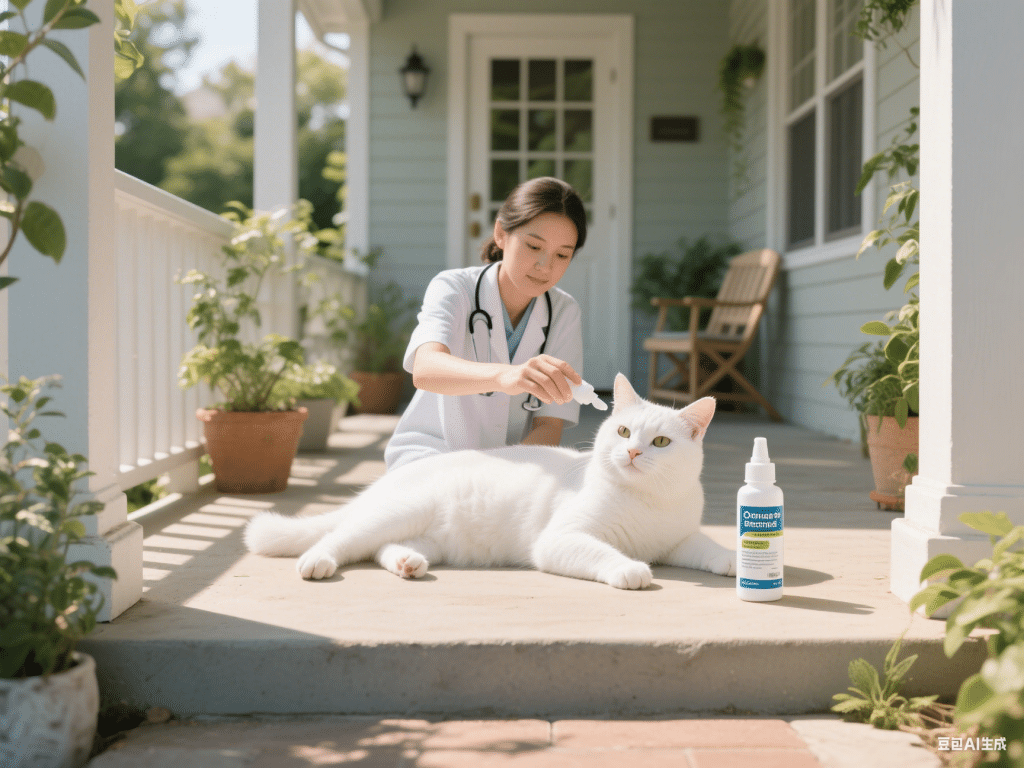Why Pet Supplements Matter
Nutritional gaps in commercial pet foods affect 30% of companion animals (Journal of Animal Science, 2023). Supplements address specific health needs but require professional guidance. Always consult your veterinarian before introducing new supplements.
Top 5 Vet-Recommended Supplements
Omega-3 Fatty Acids
Benefits: Reduces inflammation, improves skin/coat health, supports cognitive function
Sources: Fish oil (EPA/DHA), algae oil for cats
Dosage: 20-55mg EPA+DHA per pound daily (AVMA guidelines)
Caution: Choose mercury-free products with third-party testing
Probiotics & Prebiotics
Benefits: Enhances gut microbiome, reduces diarrhea, boosts immunity
Strains: Look for Bifidobacterium animalis and Enterococcus faecium
Delivery: Powder forms show 40% better viability than treats (Veterinary Microbiology, 2024)
Joint Support Formulas
Key Compounds: Glucosamine HCl (500mg/25lb), chondroitin sulfate, MSM
Evidence: 71% mobility improvement in arthritic dogs (Cornell Veterinary Studies)
Synergy: Combine with green-lipped mussel extract for enhanced efficacy
Antioxidant Blends
Critical Nutrients: Vitamin E (5 IU/kg), selenium, blueberries
Function: Neutralizes free radicals, slows cellular aging
Breeds: Essential for brachycephalic dogs and senior cats
Specialized Fiber Supplements
Uses: Pumpkin fiber for digestion, psyllium for hairball control
Dosing: 1 tsp per 10lb body weight mixed with food
Avoid: Xylitol-containing products (highly toxic)
Safety Protocols & Selection Criteria
Third-Party Certification: Choose NSF International or NASC-approved products
Bioavailability: Liquid > powder > chewables (Journal of Veterinary Pharmacology)
Contraindications:
Avoid vitamin D supplements for cats with kidney disease
Omega-3s may interact with blood-thinning medications
Storage: Refrigerate probiotics; keep oils away from light
Implementation Timeline
| Supplement Type | Expected Results Timeline |
|---|---|
| Probiotics | 2-3 weeks (digestive) |
| Omega-3s | 4-6 weeks (coat/skin) |
| Joint Support | 8-12 weeks (mobility) |
Monitor pets for adverse reactions: vomiting, lethargy, or appetite changes. Discontinue immediately if observed.
Final Recommendations
Schedule biannual veterinary nutritional assessments. Blood tests can identify deficiencies before symptoms appear. Focus on human-grade, sustainably sourced supplements with transparent ingredient lists. Remember: Supplements complement—don’t replace—balanced diets and preventive care.
Always verify dosage calculations with your veterinarian. Individual needs vary by species, age, and health status.










Comments on " The Best Supplements for Your Pet’s Health: What You Need to Know" :